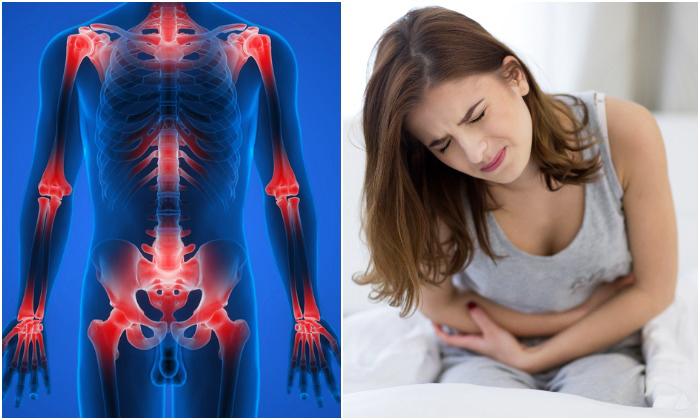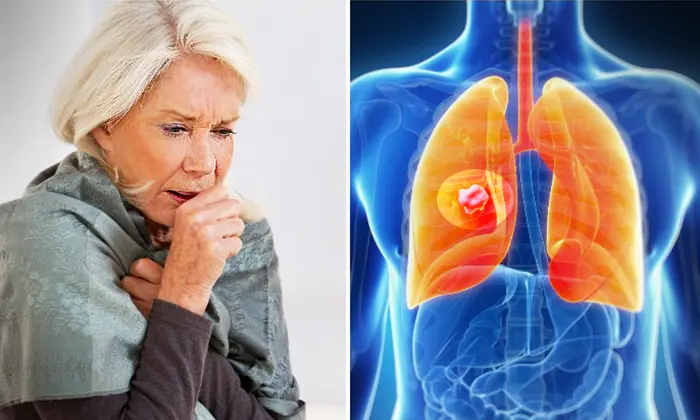According to a recent study by the American Heart Association, about 121.5 million people in 2016 and nearly half of adults in the United States have dealt with some form of cardiovascular disease. Moreover, nearly 24 million (or 9 percent of) adults suffer from more serious symptoms of the disease such as clogged arteries, heart failure, or the aftereffects of stroke.
Cardiovascular disease symptoms, especially high blood pressure (defined as a reading of at least 130 or a bottom reading of 80), is rampant in the United States. In fact, nearly 1 in every 3 adults have prehypertension, the beginning stage of high blood pressure. Cardiovascular disease is a leading cause of death as well, causing more than 1,100 deaths each day in the U.S.





